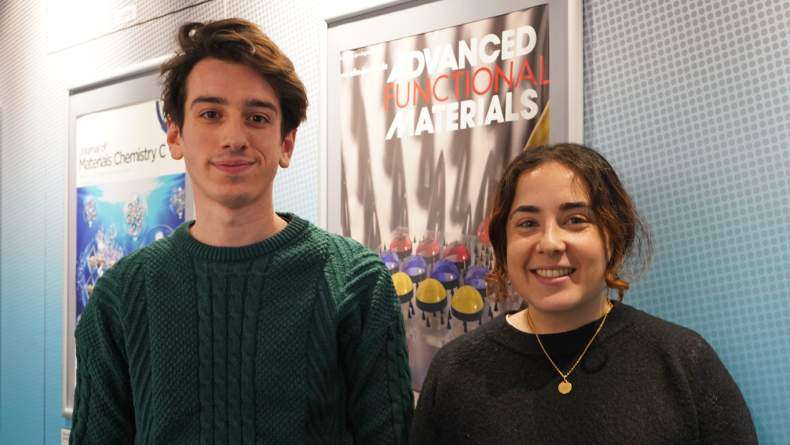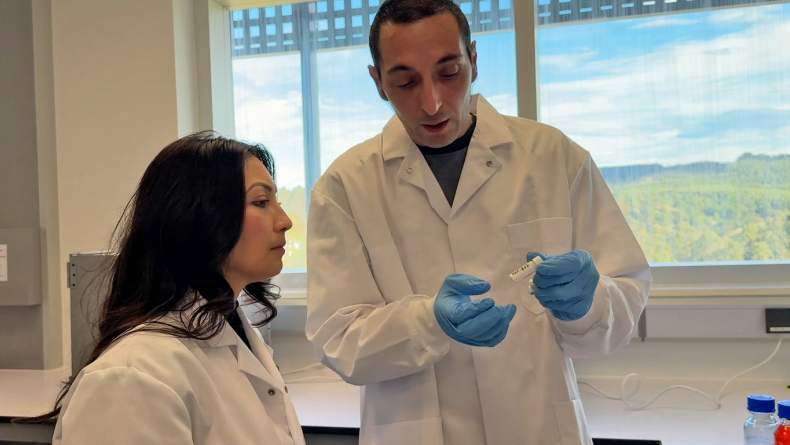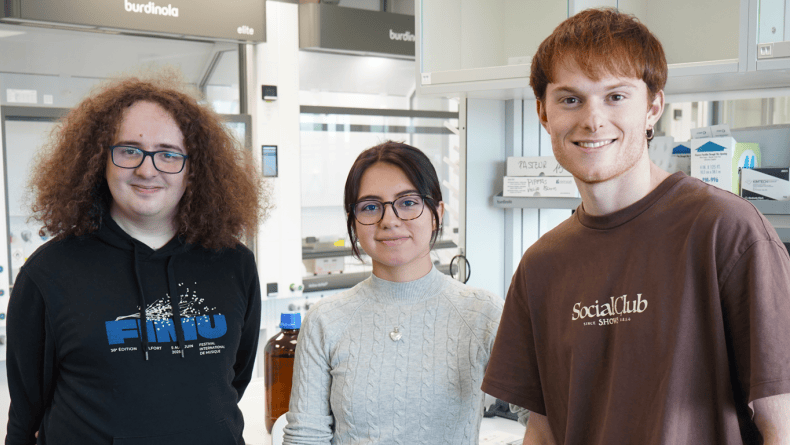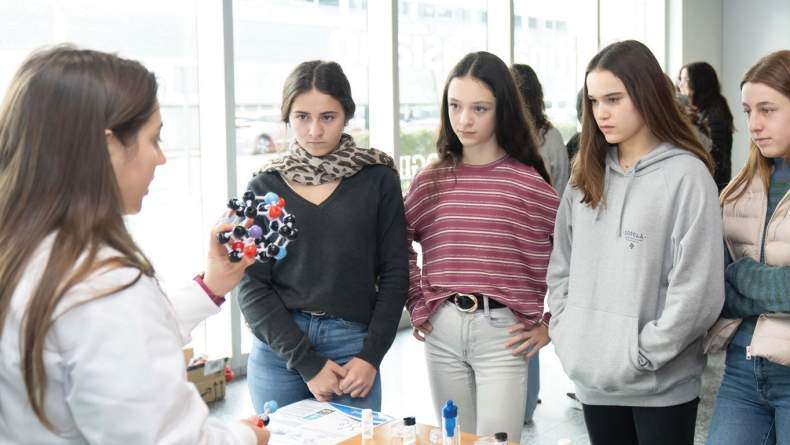BCMaterials to Launch Four New Projects Under the ‘ Generación del Conocimiento’ program

BCMaterials will develop four new research projects within the ‘Generación del Conocimiento’ (Knowledge Generation) program, funded by the Spanish Ministry of Science, Innovation, and Universities. The projects will cover very different aspects of new materials research: from proposing new computational simulations for the characterization of magnetoactive and electroactive materials, to innovative chemical synthesis systems for nanomaterials, and the creation of new perovskite solar cells and sustainable catalysts for synthetic fuels.
These four projects will be carried out over the next three years and will have combined funding of nearly €700,000.
New Modeling and Synthesis Systems
The SUMMIT project (SUrrogate models for Multiscale Multiphysics Simulations of Electroactive and Magnetoactive Materials Using High-Performance Computing) proposes a new computational simulation method for multiscale modeling of magnetoactive and electroactive composite materials, based on artificial intelligence. This new method will allow for the efficient and accurate determination of global distributions of electric, magnetic, and mechanical fields for large-scale simulations, with the advantage of accelerating simulation performance, reducing process costs, and improving design options for the next generation of devices made of magnetoactive and electroactive materials. The project will be coordinated by Sergio Lucarini, Ikerbasque Research Fellow at our center.
The NANOBUB project (Micropatterning of Nanoparticle Assemblies with Laser-induced Microbubbles) aims to develop an innovative system for the chemical synthesis of colloidal inorganic nanoparticles. NANOBUB, coordinated by Ikerbasque Research Associate Professor Eric Hill, proposes to establish a laser-directed microbubble printing method for the selective, rapid, and on-demand patterning of well-defined assemblies of nanomaterials with controlled collective properties. This new system aims to achieve a significant leap forward in nanoparticle assembly by providing rapid and targeted modelling of microscopic nanoparticle assemblies with customizable properties. At the same time, it will allow for an understanding of the influences and interactions that determine the outcome of nanoparticle assembly, such as fluid dynamics and interfacial interactions. All of this will lead to transformative advances in areas such as sensors, electronics, and lab-on-a-chip devices, among others.
Toward More Efficient Solar Cells and Synthetic Fuels
The third project awarded by the Ministry is PHONON (Powder Methodology Developed Narrow Bandgap Pb-Sn Perovskites For Solar Cells Fabrication), which focuses on perovskite solar cells. Specifically, the project will design and implement a powder methodology for lead-tin perovskites to manufacture solar cells from this single-junction, multi-junction material. Among the benefits is a potential improvement in solar cell performance by reducing the number of material defects in the charge transport layer. All of this will result in solar cells that are not only more capable but also more reliable. Shahzada Ahmad, Ikerbasque Research Professor, is the coordinator of this research.
Finally, the MODULES (Modular Design of Metal-Organic Frameworks Featuring Multi-Element Clusters for Cooperative Catalysis) project proposes metal-organic materials (known as MOFs) as a central element for developing new sustainable and efficient catalysts for the production of synthetic fuels. To this end, MODULES will focus on the integration/encapsulation of multi-element clusters with well-defined composition and nuclearity within MOFs. One of the advantages of using MOFs as catalysts is that they can improve efficiency, as their characteristics can be tailored to the desired reaction. MODULES is a collaborative project in which BCMaterials, through research fellow Roberto Fernández de Luis, will work with researchers from the Aragón Hydrogen Foundation, the Institute of Nanoscience and Materials of Aragón, and the University of the Basque Country.
Related news
Sara Martín and Stefano Lunghi Join BCMaterials as New Researchers
BCMaterials is pleased to welcome two new members to its research team: Sara Martín Iglesias, a postdoctoral researcher in the Active and Smart Materials research line, and Stefano Lunghi, a…Nanomaterials for Water Remediation and Valorization
Scientific staff at BCMaterials are developing next-generation nanomaterials combined with naturally sourced polymer membranes for water decontamination and reuse. These advanced materials not only…Three New Resarchers Join BCMaterials
The new year has brought BCMaterials the arrival of three new young scientists to our staff. They are the pre-doctoral researchers Karen Cano and Mikel Russo, along with the post-doctoral researcher…BCMaterials Activities at Emakumeak Zientzian (Women in Science)
This year marks the 10th anniversary of the Emakumeak Zientzian (Women in Science) initiative, which brings together more than 30 Basque organizations (universities, research centers, companies…) to…



